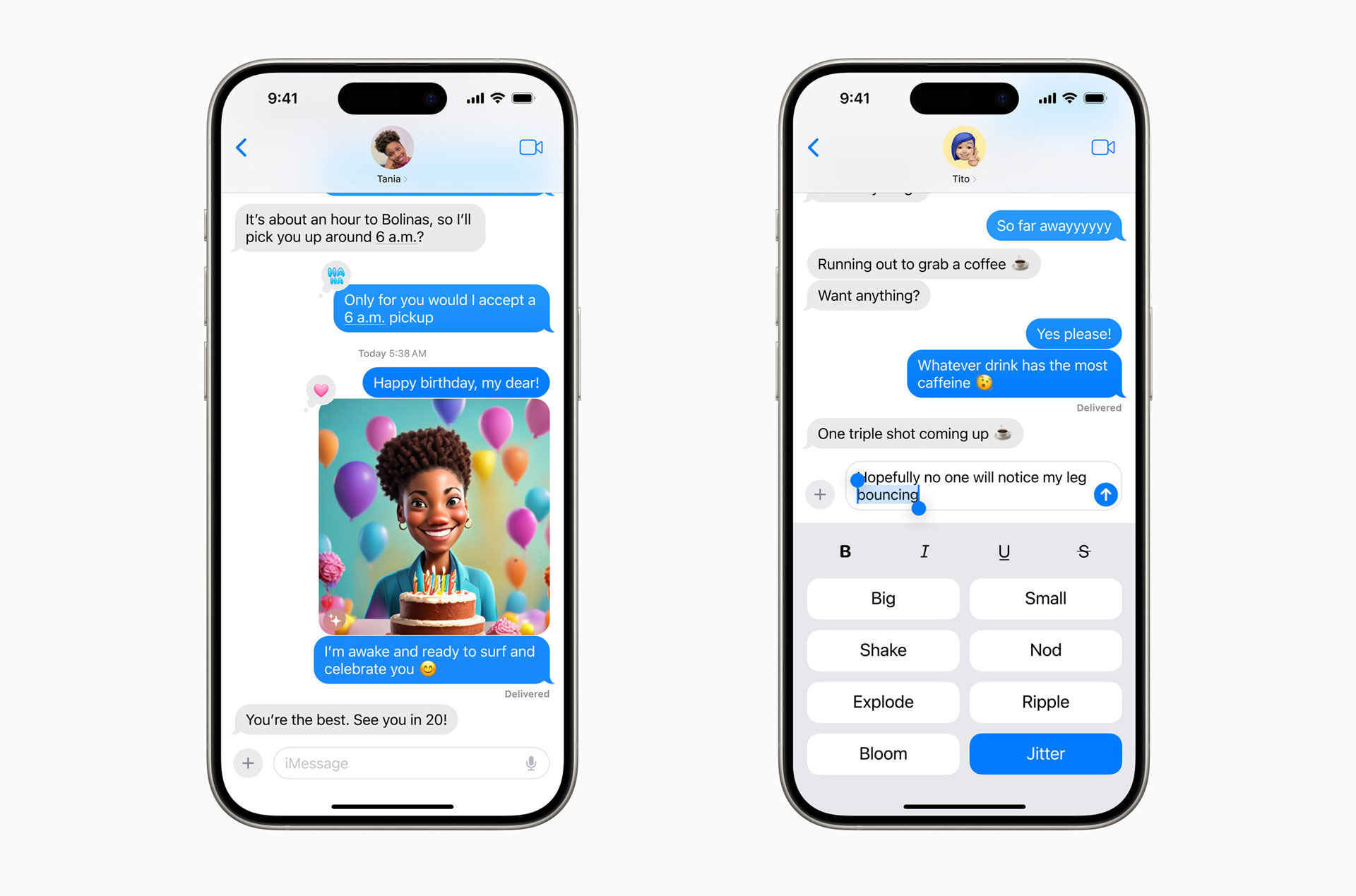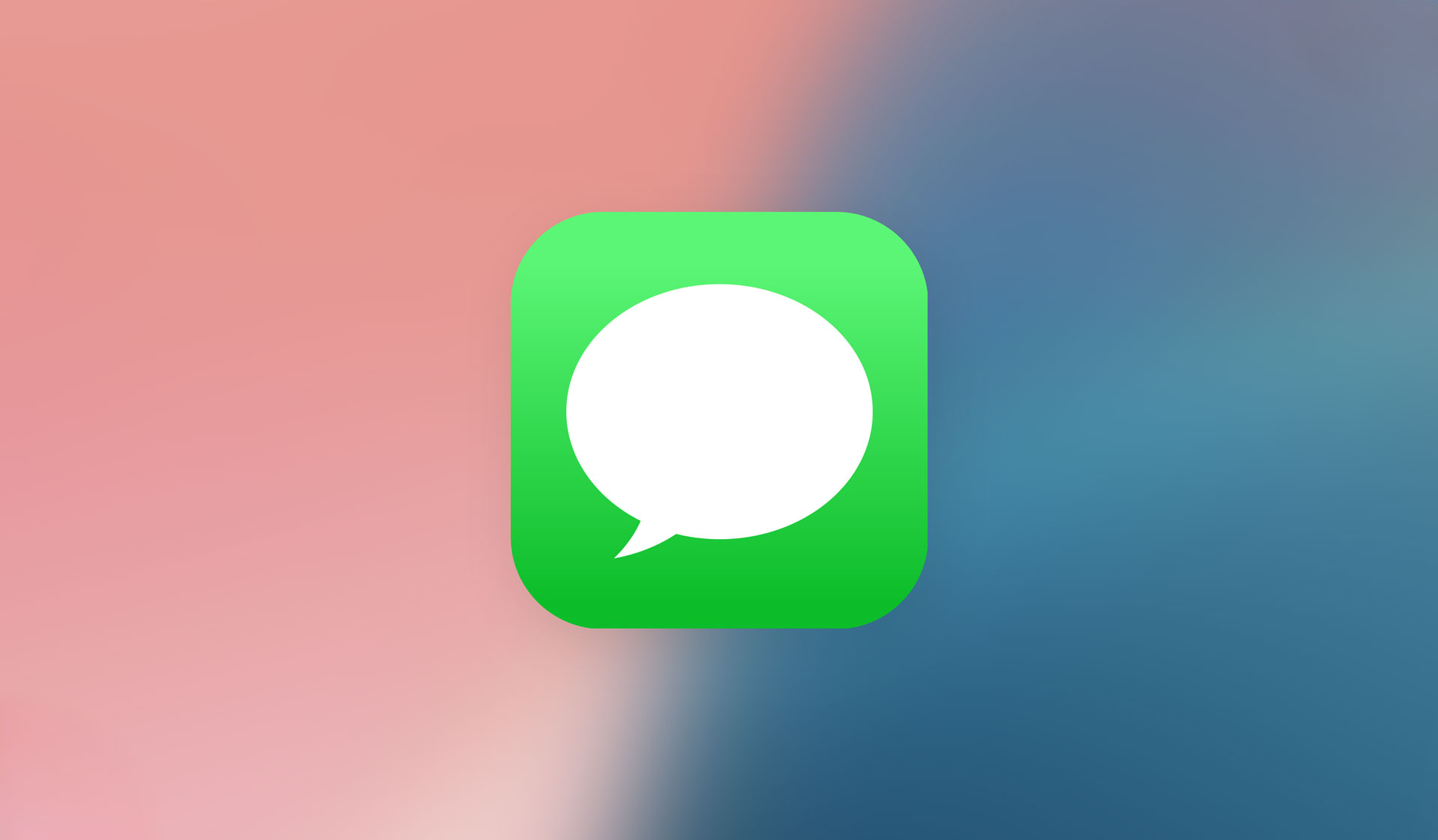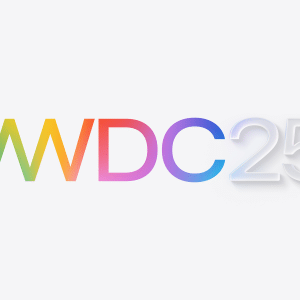What is RCS-Enhanced iMessage?
Rich Communication Services (RCS) has been touted as the successor to traditional SMS and MMS messaging. It’s already widely used across Android devices, offering features like group chats, multimedia sharing, and read receipts. By integrating RCS, Apple is enhancing iMessage, making it compatible with Android users and creating a more seamless experience.
However, this new approach comes with challenges. Security experts have pointed out that the RCS-enhanced iMessage implementation is not without flaws, especially when Android users are part of the communication loop. This has raised concerns about user privacy, encryption, and overall security.
The Benefits of RCS Integration
The RCS-enhanced iMessage provides several benefits to iPhone users, particularly when communicating with Android devices. Previously, when users sent messages between iPhones and Androids, they defaulted to SMS/MMS, which lacked the modern features users had come to expect from platforms like iMessage.
With RCS, users can now enjoy features like:
- Group chats – Easier and more organized group messaging between iPhone and Android.
- High-quality multimedia sharing – Sending images, videos, and audio files in higher quality than SMS/MMS.
- Read receipts and typing indicators – A feature that was previously exclusive to iMessage and other messaging platforms.
- Increased character limits – Unlike SMS, which had a 160-character limit, RCS supports longer messages.
- Wi-Fi messaging – Users can send messages even when there’s no cellular connection, as long as they’re connected to Wi-Fi.
However, while the RCS-enhanced iMessage seems like a major leap forward in communication, its security implications cannot be ignored.
iOS 18: Security Concerns with Android Integration
The most significant security concern is that RCS does not provide end-to-end encryption for Android users. iMessage has been known for its robust encryption, ensuring that only the sender and recipient can read the messages. However, the encryption standard weakens when RCS comes into play, particularly with Android users.
Experts have identified three key areas of vulnerability:
1. Lack of End-to-End Encryption
While iMessage offers end-to-end encryption between Apple devices, this protection weakens when Android users are part of the conversation. Messages sent using RCS between iPhone and Android are not encrypted to the same standard, leaving them more susceptible to interception.
This lack of encryption raises concerns about sensitive data being compromised, especially in business settings where iMessage is often used for secure communication. For users who prioritize privacy, this could be a dealbreaker when it comes to communicating with Android users through RCS.
2. Metadata Exposure
One of the significant advantages of iMessage has been its privacy-focused design. Unlike other messaging platforms, iMessage keeps metadata such as timestamps, delivery status, and read receipts—away from prying eyes. However, with RCS, this is no longer guaranteed.
Metadata associated with RCS messages may be exposed, giving third parties more insight into users’ communication habits. This could have broader implications for advertisers, data brokers, and even governments relying on surveillance metadata.
3. Potential for Man-in-the-Middle Attacks
Integrating RCS-enhanced iMessage also opens the door to man-in-the-middle (MITM) attacks. Since the encryption is weaker when Android users are involved, malicious actors may intercept messages between the two devices.
In a typical MITM attack, the attacker secretly relays and possibly alters the communication between two parties who believe they are directly communicating with each other. This vulnerability is particularly concerning for users exchanging sensitive information such as passwords, financial details, or personal identification data.

Why Apple is Hesitant to Address These Issues
Apple’s RCS-enhanced iMessage is a response to the growing pressure to make its platform more inclusive of Android users. However, Apple has always placed security at the forefront of its product design, making these recent concerns significantly different from their usual standards.
While Apple acknowledges these security risks, the company has been slow to roll out a fix. Some speculate that the slow response is due to the technical challenges of creating a secure, encrypted messaging system that spans both iOS and Android. Others believe that Apple may be unwilling to fully embrace RCS because doing so could weaken its market position as the most secure messaging platform provider.
What Can Users Do to Protect Themselves?
As the security issues with RCS-enhanced iMessage persist, users must take steps to protect their privacy and secure their communications. Here are some recommendations:
1. Stick to iMessage for Sensitive Communication
For users who prioritize security, it’s best to keep conversations on iMessage, especially when discussing sensitive information. End-to-end encryption between Apple devices ensures that these messages remain private and secure.
2. Avoid Mixing iPhone and Android in Group Chats
Group chats involving both iPhone and Android users are particularly vulnerable. If you’re in a situation where security is critical, try to avoid including Android users in these group chats or use third-party messaging apps like Signal or WhatsApp, which offer end-to-end encryption across platforms.
3. Use Alternative Messaging Apps
It may be worth exploring alternative messaging apps that provide stronger encryption for users who regularly communicate with Android users. Apps like Signal and WhatsApp offer end-to-end encryption across iOS and Android, making them more secure than RCS-enhanced iMessage.
4. Be Aware of Metadata
Users should be aware of the metadata that RCS exposes. While there isn’t much you can do to prevent metadata from being collected, being conscious of the information you share and when you share it can help minimize the risk.
The introduction of RCS-enhanced iMessage in iOS 18 is a significant step toward bridging the gap between iOS and Android users. While it offers more robust features for cross-platform communication, the security risks cannot be ignored. The lack of end-to-end encryption for Android users, the potential exposure of metadata, and the vulnerability to MITM attacks are all issues that Apple must address.
Until these security concerns are resolved, users should exercise caution when using RCS-enhanced iMessage, particularly for sensitive conversations.

While the convenience of a unified messaging platform is appealing, it’s essential to prioritize security in an age where data breaches and cyberattacks are increasingly common.








